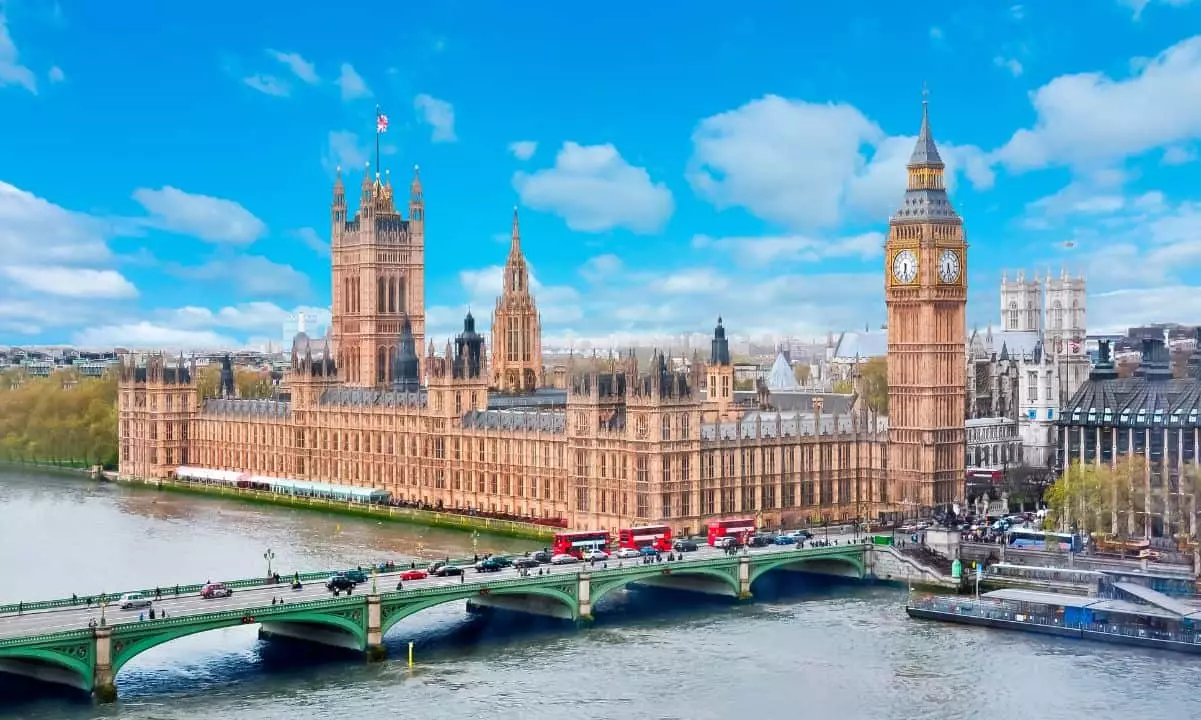The landscape of cryptocurrency and digital assets is rapidly evolving, leading governments around the world to reassess their regulatory frameworks. Recently, the British government has articulated its intention to regulate stablecoins and crypto staking, a critical move amidst the backdrop of a competitive global environment led by the United States. This article delves into the implications of these legislative plans and the context within which they are being developed, particularly in light of the new U.S. administration’s ambitions to dominate the cryptocurrency market.
With President-elect Donald Trump promising to transform the United States into a global cryptocurrency leader, the competition for digital asset businesses is intensifying. Trump’s ambitious agenda includes the establishment of a Bitcoin reserve, quick action on regulatory frameworks, and plans to overhaul the Securities and Exchange Commission (SEC). These developments are poised to not only attract domestic crypto firms but also entice international players seeking more favorable environments. In contrast, the UK risks falling behind if it does not act swiftly to refine its regulatory approach.
The British government’s plans for legislation regulating stablecoins and staking reflect an understanding of the urgency required to maintain its appeal in the cryptocurrency sector. By allowing the Financial Conduct Authority (FCA) to consult with industry stakeholders on stablecoin regulations, the UK aims to create a collaborative environment that fosters innovation while ensuring consumer protection.
The UK’s proposed regulatory measures signify a strategic pivot toward creating a stable yet flexible framework for digital currencies. The focus on stablecoins — a form of cryptocurrency designed to minimize volatility by pegging its value to traditional currencies or assets — underscores the increasing integration of digital assets into the mainstream financial system. By establishing clearer guidelines, the FCA intends to mitigate risks associated with stablecoin usage while supporting innovation within this burgeoning market.
Moreover, the proposed exemption for crypto staking — a process by which users can earn rewards by participating in network operations — suggests the UK government recognizes the need to differentiate aspects of the crypto ecosystem. This reclassification will prevent staking from being categorized as a collective investment scheme, which typically subjects entities to more stringent regulatory oversight. By doing this, the UK hopes to encourage growth in this sector while ensuring adherence to critical compliance measures.
However, the proposed legislation has not emerged without challenges. Initially set to roll out under former Prime Minister Rishi Sunak’s administration, the stablecoin regulations encountered delays stemming from the recent general election and the subsequent formation of a new government. As concerns grow regarding the competitive advantages presented by the U.S. regulatory environment, UK policymakers face mounting pressure to expedite the implementation of these urgently needed guidelines.
Laura Navaratnam, UK policy lead at the Crypto Council for Innovation, underscored the country’s predicament, pointing out that “the UK has a real opportunity to capitalize on a second-mover advantage, but only if it can mobilize.” This sentiment reflects a growing consensus that the UK must act decisively if it hopes to attract future investment in the digital asset sector.
Insights from Bloomberg indicate that once the FCA establishes a regulatory timeline for stablecoins early in the forthcoming year, it will initiate a phased approach to address other segments of the crypto market. This strategy includes an initial consultation and a broader reach that encompasses various aspects of digital asset regulation. The government is also poised to provide updates on its digital securities sandbox, an innovative testing environment that encourages experimentation with blockchain technology in a controlled, regulated space.
The UK’s echo of intent to regulate stablecoins and related sectors reflects a recognition of its current position within the global digital economy. By enacting these proposed measures, the government hopes to create a competitive landscape that not only attracts established digital asset companies but also fosters a vibrant startup ecosystem.
As the race to establish the leading cryptocurrency hub intensifies, the UK stands at a pivotal crossroads. The coming months will reveal whether Britain’s ambitious regulatory framework can keep pace with the swift advancements seen in both the U.S. and global markets. The outcome of these efforts may well determine the future trajectory of the UK in the worldwide cryptocurrency arena.

